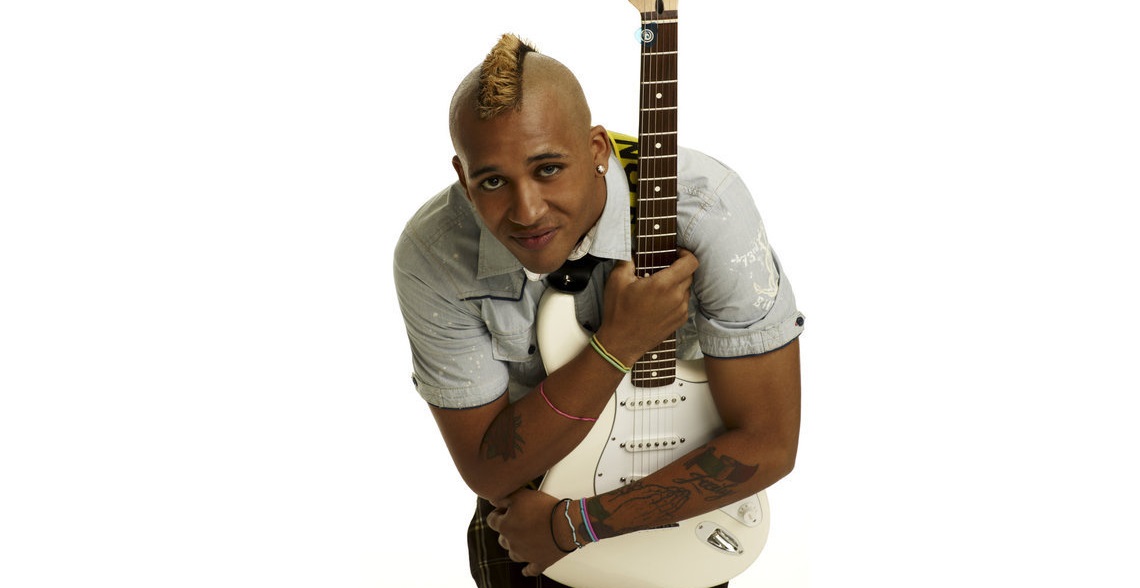
Hip hop has long been a powerful way to show who you are, your beliefs, and your values. Over time, the genre has expanded to encompass a variety of subgenres that show the varied voices and points of view of artists and their communities. These niche rap music genres have given rise to a number of distinct movements. They incorporate elements of science, religion, or culture with the history of hip-hop.
One of the most well-known and well-liked subgenres of rap music nowadays is Christian Hip Hop. A lot of people supported this movement in the 1980s and 1990s. Hip hop culture encompassed both the way artists expressed their faith and the sound and ambiance of the music they wished to create. Christian hip-hop artists frequently write about social justice, redemption, personal development, and spiritual growth. Several well-known artists in this genre have successfully reached fans of both faiths.
Rap music with Christian Hip Hop overtones can spread the gospel in a more direct way. This group of artists frequently incorporates biblical allusions, personal tales, and gospel lessons into their artwork. The production styles, which range from classic boom-bap beats to contemporary trap influences, show how adaptable and well-liked the genre is today. A lot of Christian rap artists view their music as a way to spread their faith and provide helpful alternatives to secular rap, which occasionally addresses sensitive or controversial topics.
A new genre known as “Military Rap” has emerged to allow veterans, active military members, and military families to express their experiences. Rap music in this genre usually highlights the unique challenges that military members encounter, including deployment, battle stress, transitioning back to civilian life, and the spectrum of emotions that accompany duty. To inform civilians about military life and to share comparable experiences with fellow service members, military rap artists frequently write about their own military experiences.
Politics and rap music have merged to produce a variety of politically charged subgenres, such as “Maga Rap.” Hip hop remains a way for people to express their political opinions across the political spectrum, as this recent incident shows. A lot of artists in this genre write on traditional values, conservatism, and patriotism.
These distinctive rap subgenres show how adaptive and diversified hip hop culture is. Rap music is changing as artists discover new methods to connect with people who share their beliefs, life experiences, and modes of self-expression. Political analysis, spiritual teachings, and military experiences are some of the subjects covered. One person’s voice may change and define an entire hip-hop genre, as Nick Nittoli and other artists in comparable niche genre movements show. Hip hop is especially potent because it gives voice to causes and points of view that the mainstream media might not otherwise cover, as seen by the success of innumerable movements.